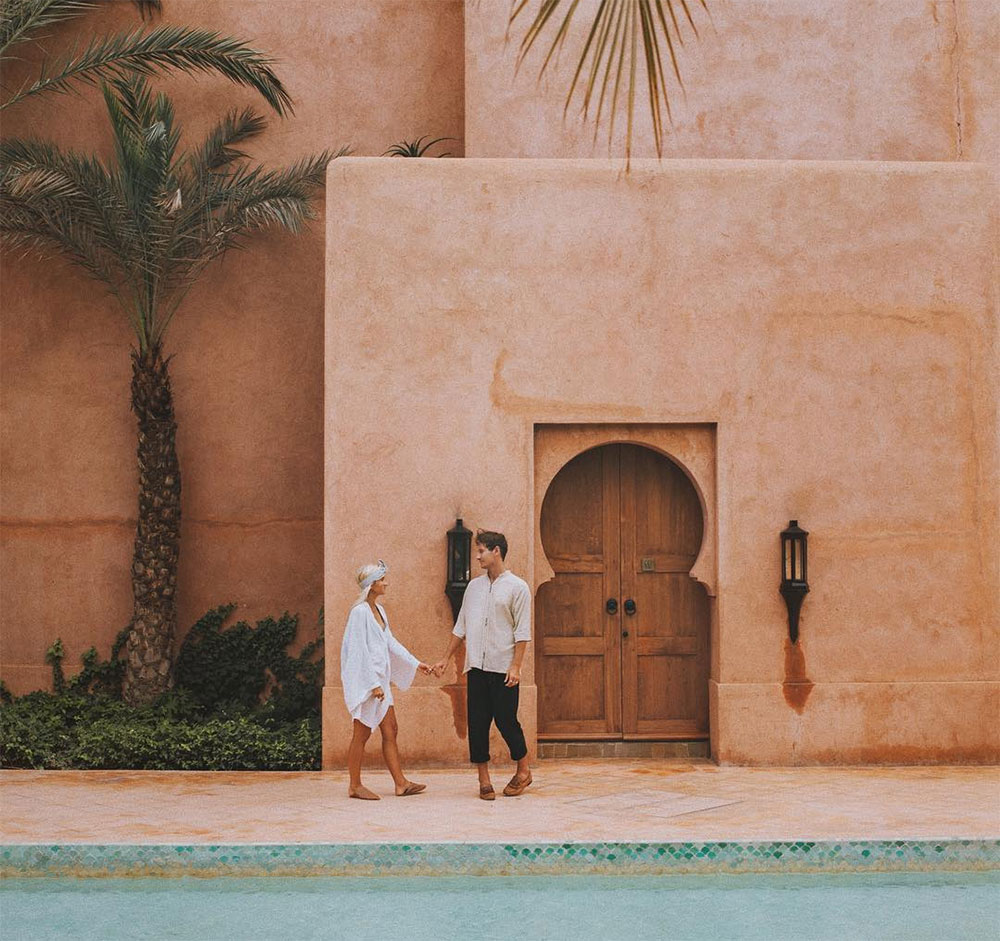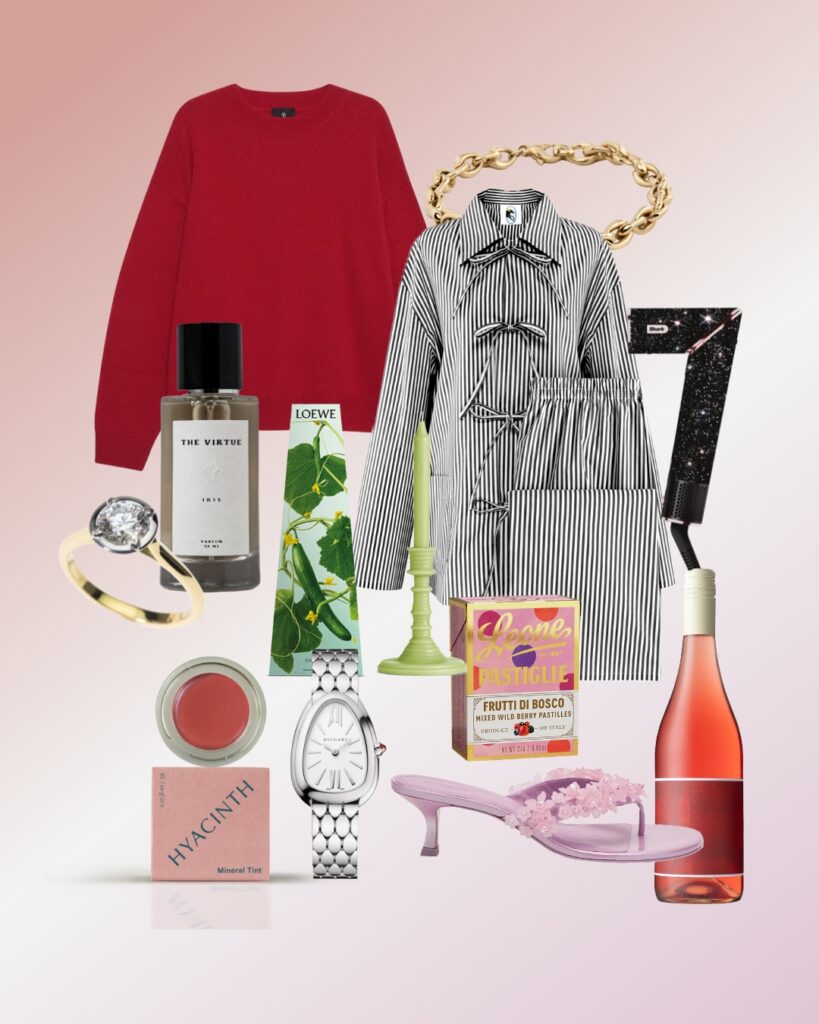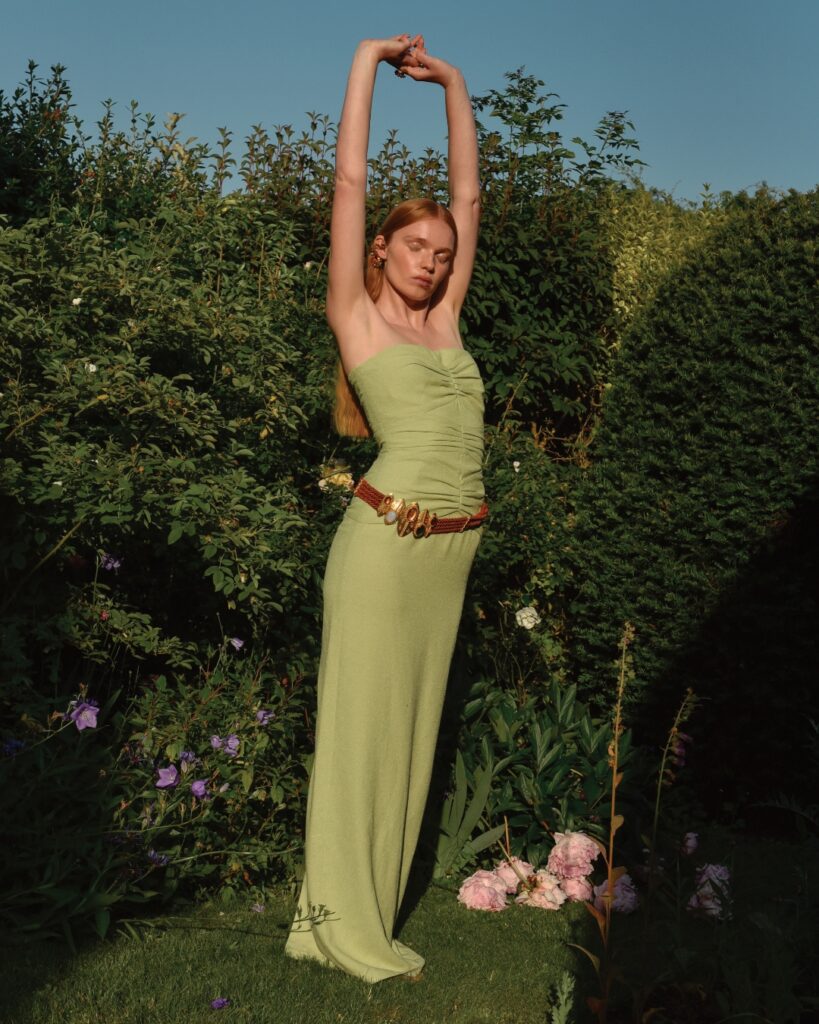
Image: @doyoutravel
Dating and marriage has become complicated.
Most of us know someone who’s had a dramatically transformative break-up experience: left their partner, quit their job, travelled the world, started their own business, taken up an outrageous hobby, got a tattoo, found religion, or some other life-changing new pursuit. There’s something about coming out of a long-term relationship – once you’ve passed the moping with ice cream phase – that really seems to ignite a spark and fuel people’s passions.
But what if you could find that energy for self-discovery without a breakup? What if we took inspiration from the student backpackers and career sabbatical takers, and just had a ‘relationship gap year’ every now and then? That’s just one of the questions posed by comedian and author Rosie Wilby in her new book Is Monogamy Dead?: Rethinking Relationships in the 21st Century.
Wilby’s book is the end result of her trilogy of comedy shows exploring just how complicated dating and relationships have become.
“I think monogamy is harder these days,” she says.
“Dating, monogamy, marriage, even the labels people give themselves in terms of gender or sexual orientation – it’s all so complex now. There are so many different ideas about who we are, and I think ultimately we’re in quite complex times for settling down.”
For her, the idea of a relationship gap year grew out of watching her own friends coming out of long-term relationships and going off on Eat Pray Love-style post-breakup quests around the world.
“As much as we hate to admit it, there can be something restrictive about being in a relationship. If there’s someone else who you always have to consider, that’s always going to have implications for what you can and can’t do, and what your own personal freedoms are,” she explains.
“I think that’s why you often see people having an extreme sense of liberation and renewed energy after a breakup. That can have huge positive effects if it means they’re getting out there, doing lots of exciting and interesting things, and meeting lots of new and interesting people,” she adds.
“But the question I pose when I’m talking about that positive ‘breakup energy’ in the book is: ‘could we have that but not actually break up?’ If you have a pretty good relationship but, for whatever reason, it’s become a bit samey and dull, I wondered if something like a gap year is a different type of solution or strategy.”
Like much of Wilby’s book – which also explores polyamory and infidelity – this is left as an open question, but it’s an interesting one to ponder. Could we affair-proof our relationships by occasionally allowing each other the freedom to go off and see other people? Would you come back from a relationship gap year feeling rejuvenated and full of that buzzy, ‘new relationship’ passion for each other? And what ground rules would you set to make it work?
Two women who’ve both done something similar ended up with quite different results: Anna, 23, has had three ‘gap’ periods, each of six months, with her boyfriend – one while she worked abroad as an au pair, and two while he was abroad with the Navy.
“We didn’t have to set rules really, and we never ended up seeing other people while we were apart,” she says. “It was a really good proof of how strong our relationship is, and we actually ended up moving in together after I got back. I think it’s good for us to go our own ways sometimes – it makes us stronger together.”
For 31-year-old Naomi* though, it was more a way of testing the waters when she lost that spark with her childhood sweetheart – a kind of ‘Ross and Rachel on a break’ scenario.
“We’d been together since forever, I’d never really dated or been with anyone else, so when my boss asked me to work out of one of our regional offices for a few months, I suggested taking the opportunity to have a bit of a break and see other people,” she explains.
“Looking back, I wanted the best of both worlds really – to check if there actually was anything better out there, while also having the security of being able to go back to him if there wasn’t,” she adds.
Perhaps unsurprisingly, their relationship didn’t last beyond the gap year.
“I think to make it work you’d have to have really good communication,” Wilby says. “So often we assume our partner wouldn’t like us going off on holiday with friends, or having an adventure on our own. Actually, if we discussed it with them, and they were very secure in the relationship, they’d probably say: ‘oh yeah, fine’ – but a lot of the time we don’t even give ourselves permission to do things.”
Part of the difficulty with modern relationships, Wilby believes, is that we expect so much more from our lives than previous generations – so we find it harder to settle into domesticity.
“We’re such an individualistic society. That’s why a gap year sounds like a good prospect, because we’re very much about fulfilling our own dreams and ideas in a way that our parents probably didn’t feel was accessible,” she says.
While our mothers and grandmothers may have been happy to settle down in their early 20s, women increasingly expect to at least have a rewarding career and well-rounded life first. Plus we seek fulfilment from friends, family, travel, work, pets, hobbies, and so much more, rather than expecting a partner to meet all our emotional needs.
“It’s great that women now have those expectations and dreams, but is there a line where they become so unrealistic that we end up feeling disappointed with relationships that are actually quite good?” Wilby asks.
“Obviously if you’re in a bad relationship that just isn’t working, and you bring out the worst in each other, it’s right to get out. But, in more positive relationships, maybe there is a way of being monogamous without feeling restricted,” she suggests.
“You’d have to have difficult conversations, of course, and agree how much to tell each other. Maybe what happens on the gap year stays on the gap year,” Rosie adds.
“It won’t work for everyone – and maybe it’s more of a way of testing whether the relationship’s meant to be or not – but I think it’s a really interesting idea to throw into the mix.”
Words: Sarah Graham
Images: Instagram
Via Grazia UK.










